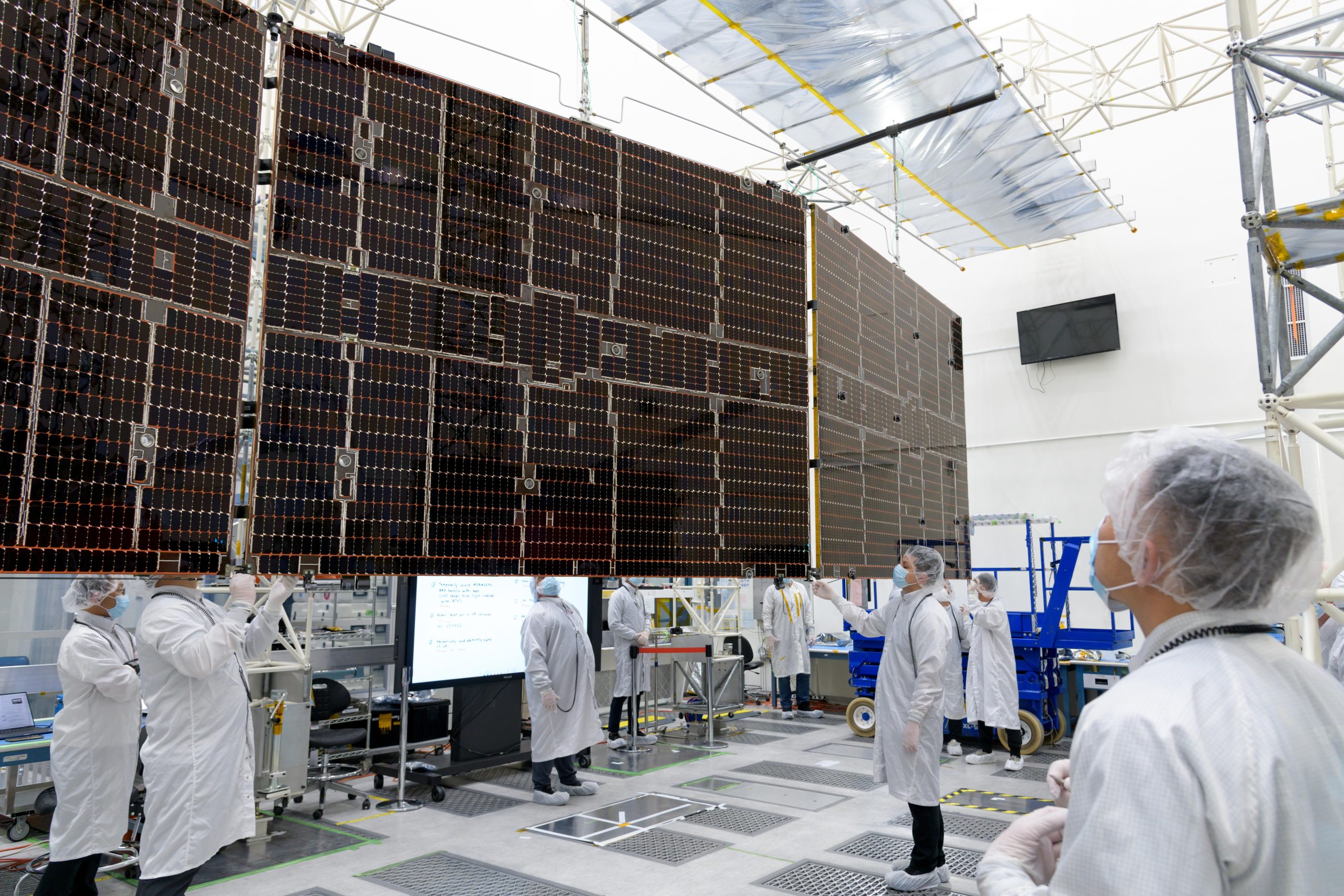Space Solar Power: The Next Frontier in Renewable Energy
The concept of space solar power is no longer just science fiction. With the potential to provide a consistent energy supply without being constrained by weather or nighttime, space solar power is seen as a promising alternative to earth-based production. Satellites orbiting the Earth at 35,000 kilometers above its surface can convert sunshine into electricity, which is then beamed to the Earth via microwaves and converted into usable electricity.
Countries like the United States, China, Japan, and South Korea have been investing in space solar power for years. Now, Europe is joining the race with the European Space Agency’s SOLARIS project. European cooperation in this field could become a continent-wide quest to produce clean energy in the post-Brexit era.
However, there are still many challenges to overcome in the development of space solar power. Technical, regulatory, legal, and geopolitical hurdles must be addressed. Lightweight cosmic solar panels need to be perfected, wireless power transmission systems must be updated, and safety concerns about transmitting high-energy beams from space to Earth need to be addressed. Additionally, space governance and international cooperation will be crucial in navigating geopolitical tensions and ensuring equal access to space for all nations.
To make space solar power economically competitive with other renewables, technological breakthroughs and green finance mechanisms will be needed. A comprehensive legal and regulatory framework must be developed to address ownership and operation, allocation of orbital slots, and environmental and safety regulations. European unity in this endeavor will be essential, as different EU members have varying interests and capacities in space technology.
The future of space solar power will depend on how well countries can compete and cooperate in this emerging field. By harnessing the sun’s power from space, the world could pave the way towards a more sustainable energy future.
Overcoming Challenges in Space Solar Power Development
While the concept of space solar power holds great promise for providing a consistent and reliable energy supply, there are numerous challenges that must be overcome to make it a viable reality. Technical advancements in lightweight solar panels and wireless power transmission systems will be crucial in making space solar power economically competitive with other renewable energy sources.
In addition to technological challenges, regulatory and legal frameworks must be developed to address ownership, operation, and environmental concerns related to space solar power. International cooperation will be key in resolving disputes over orbital slots, spectrum rights, and satellite frequencies, as well as in developing new regulations for wireless power beaming and on-orbit manufacturing.
Furthermore, European countries must come together to forge a unified approach to space solar power development, taking into account the varying interests and capacities of different EU members. Political initiative will be necessary to ensure that Europe can compete in the global space race and harness the potential of space solar power for a sustainable energy future.
The Geopolitics of Space Solar Power
As countries around the world race to develop space solar power technology, the geopolitics of space are becoming increasingly complex. Geopolitical tensions between Western allies and authoritarian regimes pose challenges to international cooperation in space solar power development. Disputes over orbital slots, spectrum rights, and satellite frequencies highlight the need for updated legal and regulatory frameworks to govern space activities.
The fate of space solar power will depend on how well countries can navigate these geopolitical challenges and forge alliances to advance the technology. By working together to address technical, regulatory, and political hurdles, countries can unlock the potential of space solar power to transform the global energy landscape.
